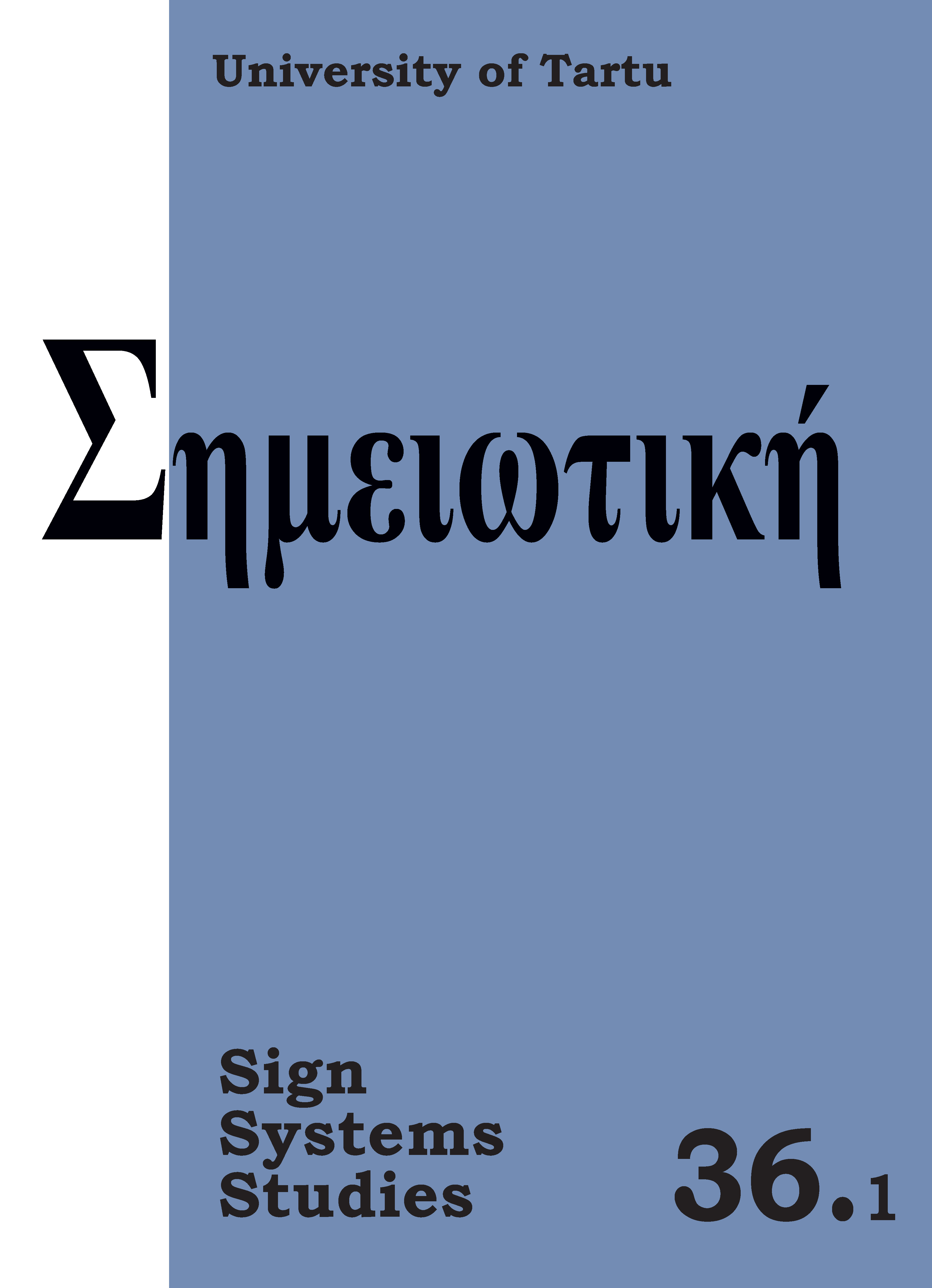Barthes’s positive theory of the author
DOI:
https://doi.org/10.12697/SSS.2008.36.1.03Abstract
While it is well known that Roland Barthes consecrated his last lecture series at the Collège de France to the theme of the preparation of a novel, it is less known that his first writings on literature focused on the same question, but from a less individual point of view. The interrogation that motivates Le Degré zéro de l’écriture (1953) and many of the essays in Essais critiques (1964) is the question of how to write, of what procedures one can follow in preparing a literary work of art. At the two ends of Barthes’s career one finds the same themes of writing as action and of the writer’s possibilities and motivations in writing. The article explores the hypothesis that there is ground for a positive theory of the author in Barthes’s work. It seeks to discover similarities between writings from the early and the late period that concern three themes: (1) writing as action, (2) the deferral of its achievement, and (3) writing as representation. The article ends with a discussion on the relationships between Barthes’s positive theory of the author and related important issues that have been discussed recently in literary criticism.


